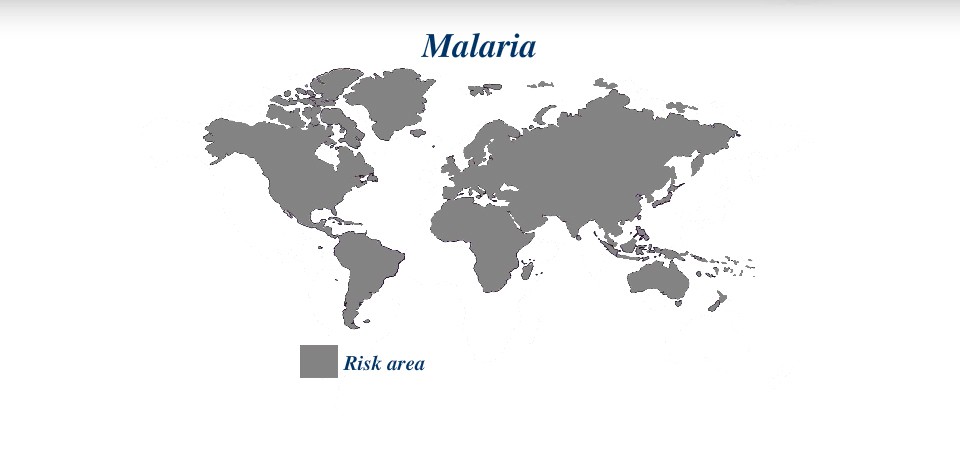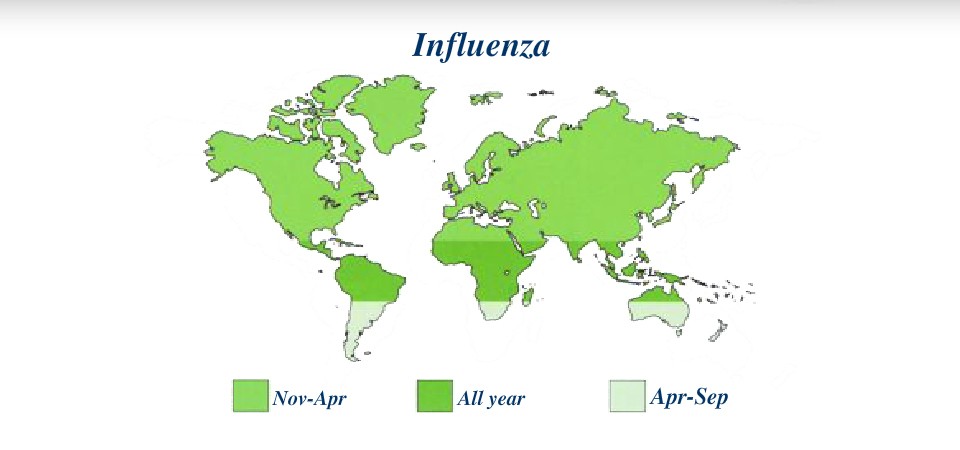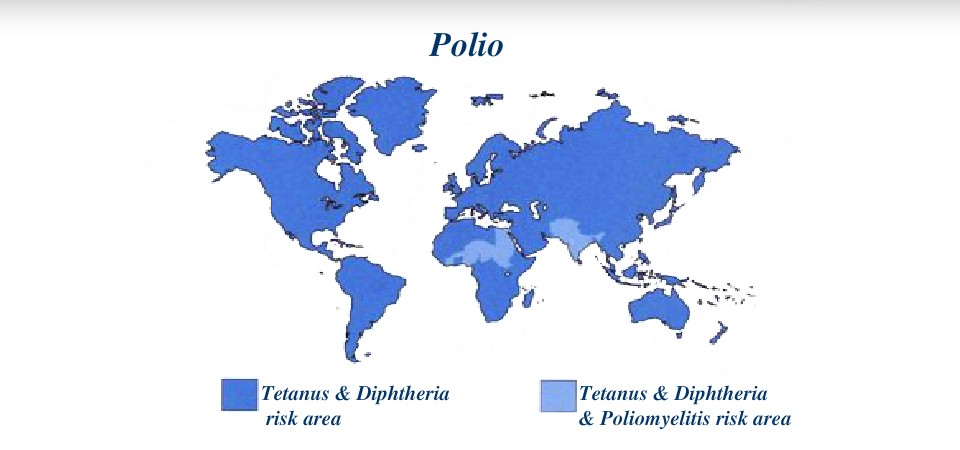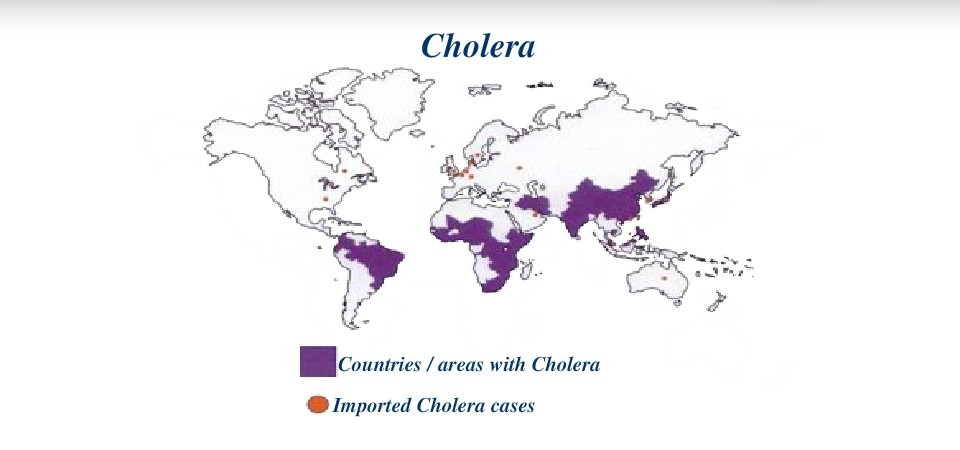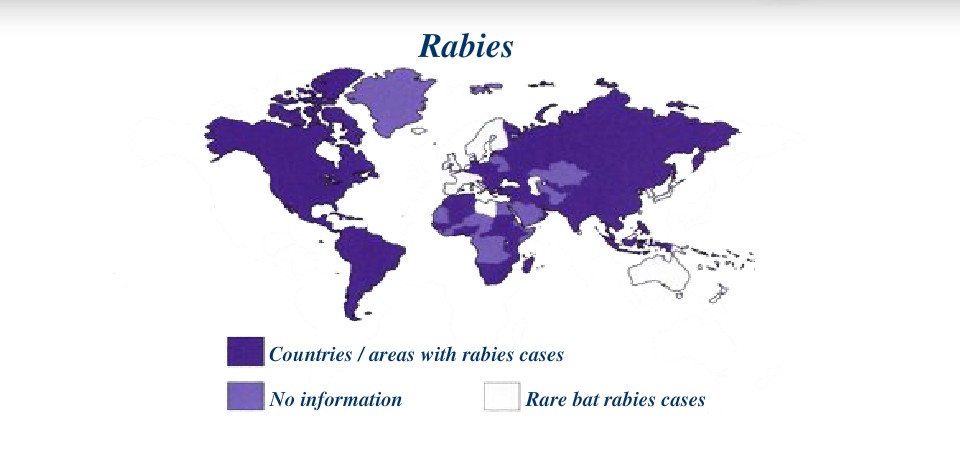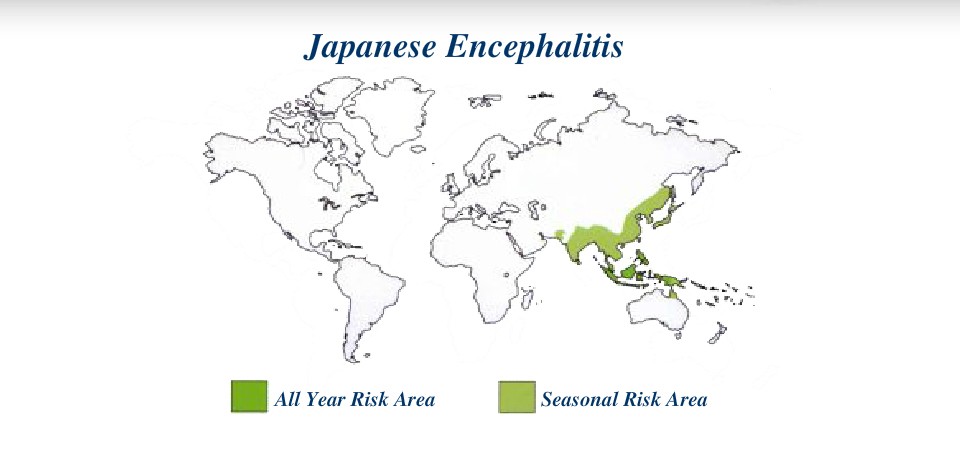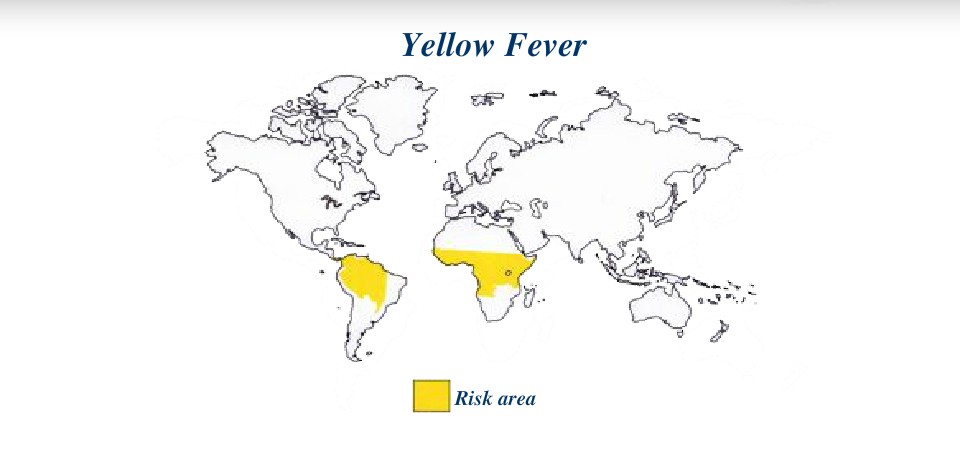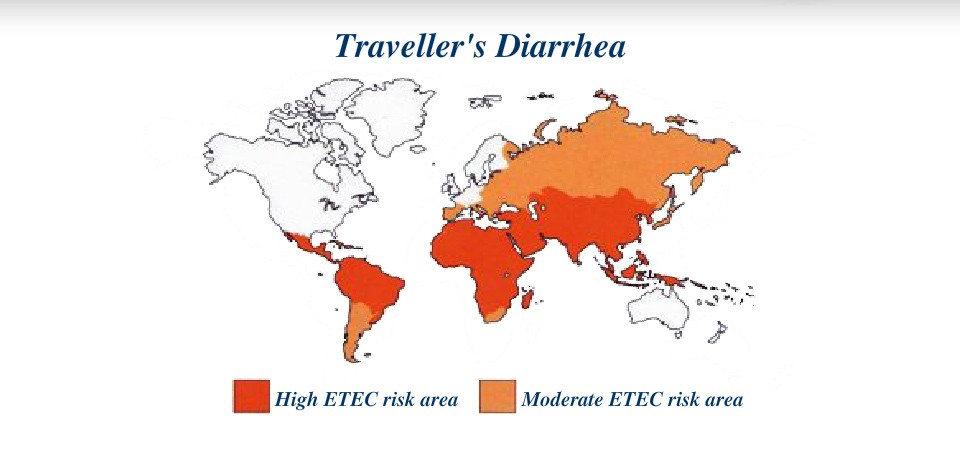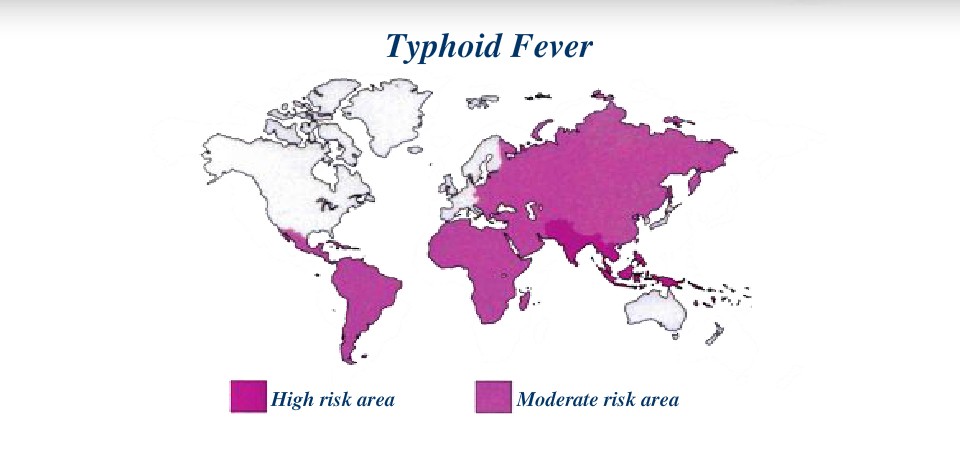Recommended Vaccinations before Going to South and Central America
Central America is a common winter destination for Canadian snowbirds. Even though you're escaping the flu season in Ottawa, we encourage you to immunize against other infections, more common in the developing countries of South and Central America.
Visit Centrepointe Medical Consultants to vaccinate against the following diseases:
- Hepatitis A
- Hepatitis B
- Typhoid Fever
- Meningococcal Disease
- Traveller's Diarrhea
- Yellow Fever
- Rabies
- Cholera
- Polio
- Influenza
- Malaria
Hepatitis A
Hepatitis A is a disease caused by a virus that affects the liver. It causes flu-like symptoms: stomach pain and jaundice. Jaundice makes your skin and eyes look yellow.
Hepatitis A is spread through contaminated food and/or water, as well as from person to person. It is relatively common in tropical and developing countries in Africa, Southeast Asia and the Caribbean. You should also consider vaccination when travelling to Latin and South America, Greenland, Asia and certain destinations in Europe.
Hepatitis B
Hepatitis B is a disease caused by a virus that affects the liver. It causes flu-like symptoms, stomach pain and jaundice. Jaundice makes your skin and eyes look yellow.
Hepatitis is spread through contaminated/infected blood and body fluids, such as semen and sperm. Hepatitis B is prevalent all over the world, and it is the most common sexually transmitted disease. It can be contracted in East Asia, the Americas and Europe.
Typhoid Fever
70% of cases of typhoid fever in the United States are acquired through international travel. The greatest risk of contracting this disease is associated with travelling to the Indian subcontinent and developing countries in:
- Asia
- Africa
- Central America
- South America
With increased travel over the past years, North American travellers have been at increased risk.
Meningococcal Disease
Case mortality rates have exceeded 50% in endemic countries. Canadian college students who have not already been vaccinated against meningitis are advised vaccination even if not travelling.
Vaccination is indicated for travellers to countries recognized as having epidemic meningococcal disease caused by vaccine-preventable serogroups (i.e. A, C, Y, W-135).
Vaccination is required for travellers to Mecca and Saudi Arabia during the annual Hajj.
Vaccination is recommended for travellers to the "meningitis belt" of sub-Saharan Africa.
Traveller's Diarrhea
Traveller's Diarrhea is the most common medical problem among travellers to developing countries. The disease can begin suddenly. It can be hard to cope with in an unfamiliar place. It usually takes 3-5 days, but it can last 2 weeks or more.
People are more likely to get traveller's diarrhea from consuming contaminated or uncooked food or water. Consider vaccinating against traveller's diarrhea when going to Central and South America, Asia and certain destinations in Europe.
Yellow Fever
Endemic in sub-Saharan Africa and South America, yellow fever has dramatically re-emerged in many areas during recent years with most cases believed to go unreported.
Most countries have regulations for yellow fever prior to entry. Certain countries outside endemic zone require vaccination for travellers arriving from an endemic-zone country.
Rabies
Rabies is common in many developing countries in the Americas, Asia and Europe. Vaccinations are especially recommended to those travelling to Mexico and India. Rabies has a high mortality rate.
Cholera
Cholera is an acute bacterial infection which causes severe diarrhea and dehydration. Without treatment, it can be fatal. Cholera is found in Africa, Asia and the Middle East, as well as some parts of the Americas and Europe.
Polio
Wild Poliovirus was eradicated in the Western Hemisphere in 1991. However, an outbreak of vaccine-derived poliovirus type 1 occurred in the Dominican Republic and Haiti in July 2001.
Reservoir countries in Africa and Asia include Bangladesh, Democratic Republic of the Congo, Ethiopia, India, Nepal, Nigeria, Pakistan, Afghanistan, Angola, Liberia, Sierra Leone, Somalia, Sudan and Tajikistan. Cases of polio also occur in Australia.
Influenza
Influenza is a contagious disease caused by a virus. This disease is an airborne disease that can spread through droplets from an infected person. Influenza is high risk for seniors or for people with other illnesses, such as heart or lung disease.
Influenza can be contracted in Africa, the Americas, Asia, Europe and Australia.
Malaria
Malaria is a mosquito-borne disease caused by a parasite. People with malaria often experience fever, chills, and flu-like illness. Left untreated, they may develop severe complications and die. Each year, 350-500 million cases of malaria occur in Africa, Asia, the Americas, Australia and Europe, and over one million people die. Most of them are young children in sub-Saharan Africa.
Centrepointe Medical Consultants
Address
106 Centrepointe Dr, Nepean, ON, K2G 6B1
Phone
Ext: 22
613-224-6151
Business Hours
Monday: 8:00 AM - 5:30 PM
Tuesday- Thursday: 8:00 AM to 11:00 AM
Friday: 8:00 AM - 5:30 PM
Vanier Medical Centre
Address
292 Montreal Rd., Ottawa, ON, K1L 6B7
Phone
Ext: 22
613-744-4055
Business Hours
Tuesday, Wednesday & Thursday:
11:00 AM – 5:30 PM
OAC Medical Centre
Address
2525 Lancaster Rd., Second Level, Ottawa, ON, K1B 4L5
Phone
Ext: 22
613-260-5666
Business Hours
Tuesday-Thursday: 6:00 PM – 9:00 PM
Saturday: 10:00 AM – 5:00 PM



